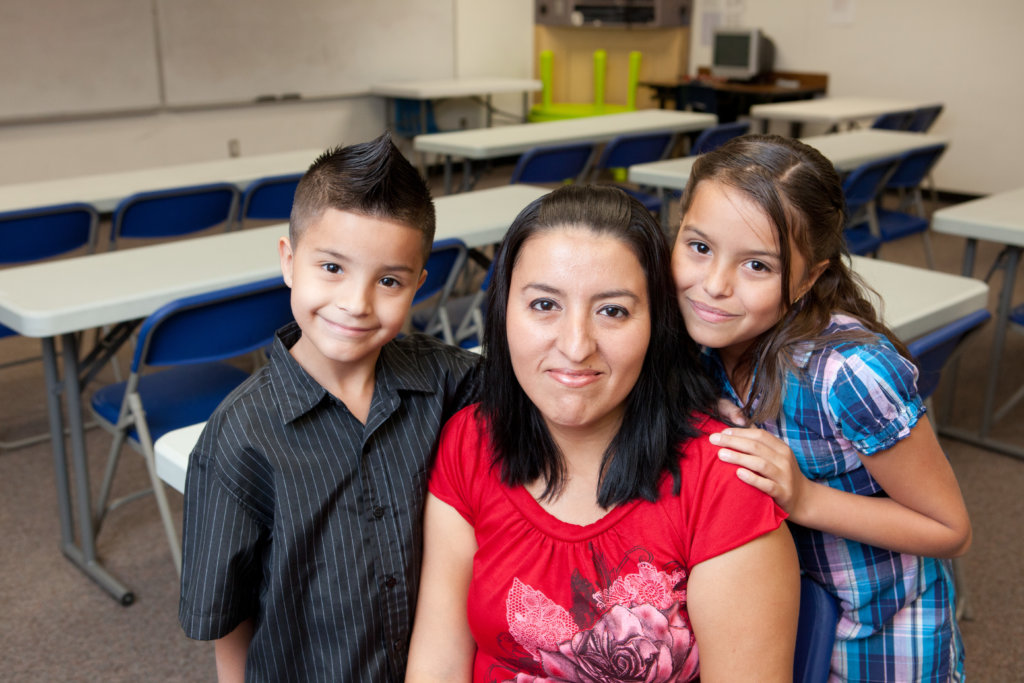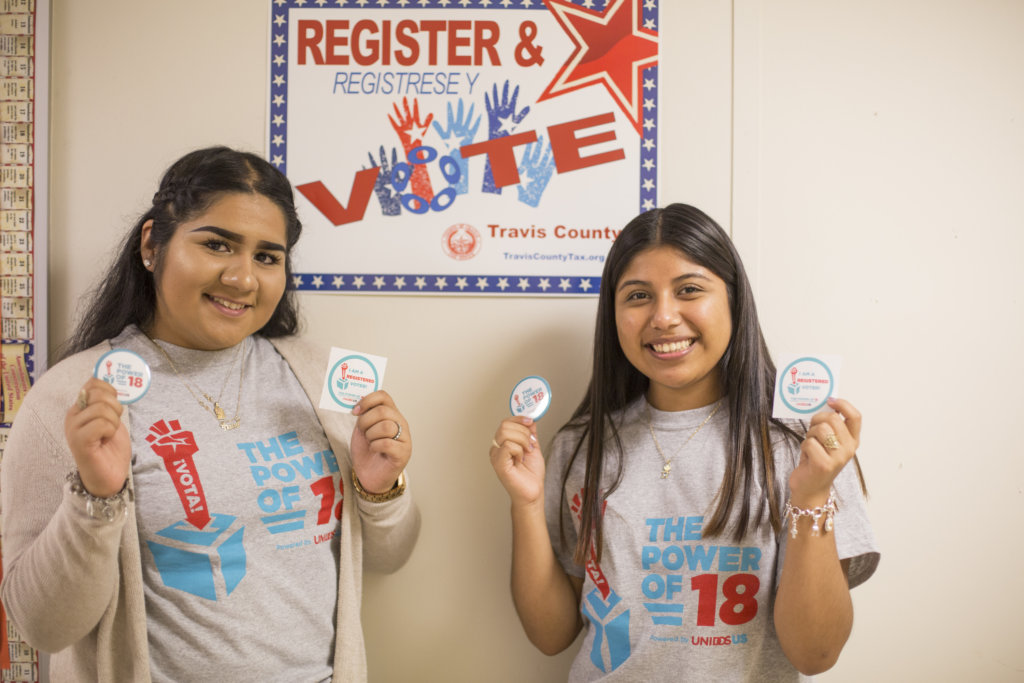Know Your Rights While at School
School should be a safe place to learn, to grow, and to dream of what you’d like to become in your future. In fact, federal law stipulates that all school-age children in the United States should be given equal access to an education of this nature. But it doesn’t always play out like that, especially if you belong to one or more vulnerable subgroups. Maybe you’re an undocumented immigrant, a person with a disability, a person of color, a member of the LGBTQIA+ community, or all of the above. These may all be reasons to fear discrimination, bullying, detention, or deportation.
With these concerns in mind, UnidosUS has put together a number of “know your rights” resources to help you navigate this difficult climate during the new school year.
“From a legal perspective, public schools are for every school-age child, but a climate of racist rhetoric and violence is stoking fear and driving families into the shadows. This campaign gives our community tools and information to protect one of the last safe places for everyone—our K- 12 schools,” adds Maria Moser, Senior Director of Teaching and Learning at UnidosUS. “We can all take action to ensure that children’s rights are being protected and speak up when they are in danger.”
In the immigrant families section, you can learn how the 1982 Supreme Court case Plyler v. Doe found that denying children a public education based on immigration status violated the U.S. Constitution and inhibited these youth’s access to opportunity. But news of ICE (Immigration Customs and Enforcement) raids and immigrant detention centers can still create plenty of worries, so this section also offers tips on where to seek legal or logistical support in the event of a detention and how to talk to children in a climate of fear.
In the LGBTQIA+ section, you can download a wallet card detailing your right to maintain your privacy, to attend school without harassment, express yourself freely, and participate in any school events such as school dances. And while the political climate is tense right now, a National Climate Survey can give you an idea of just how American society’s perspectives on the LGBTQIA+ have actually progressed. As with the immigrant section, there are also LGBTQIA+- specific resources for finding legal and logistical support and creating safe spaces.
“We need our schools to be a safe place where ALL children can learn, and we know that’s not true for many groups of students, including LGBTQIA+ students,” says UnidosUS’s Education Leadership Program Manager Washington Navarrete. “As family members, community members and educators, we have a collective responsibility to ensure that every child, regardless of race, sexual orientation, gender identity, or gender expression has access to an excellent education.”



